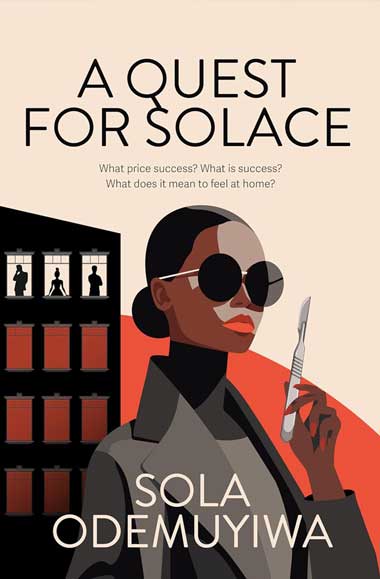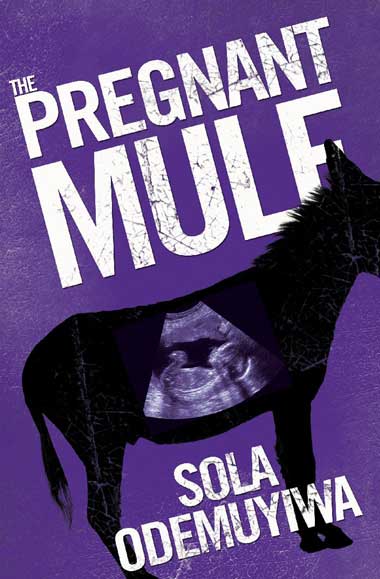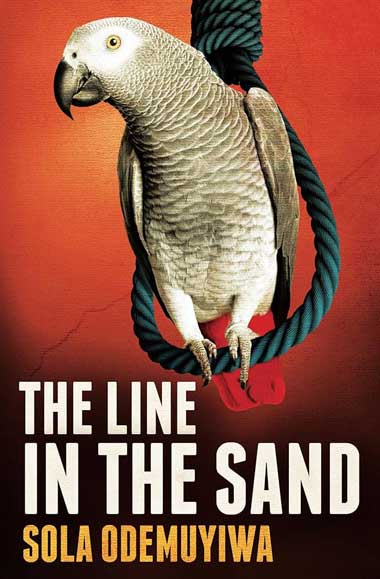The Dream of U Thant
When I was five or six, I wanted to be U Thant. The bespectacled Secretary General of the United Nations looked so cool on the page of the Daily Times. Silly Sola thought he was the king of the world. When I found out what his real job involved, I was gutted. I settled for medicine.
Character, Destiny, and the Power of Circumstance
They say character is destiny, but is it true? Why is it that one man is on the breadline whilst the other man feasts on caviar? Why is auntie M a successful merchant while her emaciated sister G relies on charity? Why do some die young and some live well into their 80s? These questions have fascinated me for years. They inspired me to write Deadly Conception about twins separated by race at birth.
The Impact of Austerity on Health
After the financial crash in 2008, the central banks printed money to keep the commercial system afloat. Our coalition government imposed a tightening of the fiscal purse strings on the rest of us. Austerity they called it.
Since then, improvements in life expectancy have stalled. Health inequalities between different parts of the UK have grown. A woman born in affluent Wokingham can expect to live 15 more years in good health than a man born in Blackpool. A man born in Richmond upon Thames can expect to live 17 more years in good health than a man born in Belfast. Between neighbourhoods within Kensington and Chelsea, you can find an average 18.6 year difference in life expectancy.

UK life expectancy by gender 2022
Poverty, Race, and Access to Health Care
Two weeks ago, I came across an article in the Heart Journal. It piqued my interest because it covered the same ground as the presentation given by Os Sharp. Professor Osese Sharp is the main protagonist in my latest novel, A Quest for Solace. The article in Heart was called “Inequalities in Access and Outcomes of Cardiac Surgery in England.” In the book, Os called her talk “Pocket Depth and Cardiac Mortality.” Os’s direct link between poverty and cardiac disability provoked the chagrin of the dubious interview panel. But I felt a delicious frisson when the words I put in the mouth of a fictional character chimed with those in the Heart Journal.
Lai et al examined 292,140 patients admitted to hospital with symptoms of cardiac ischaemia or valve disease. Those from the most deprived areas were 35% less likely to be offered cardiac surgery. These patients were also more likely to die in the year after surgery. Disparities between patient groups widened when the authors considered more than one characteristic. Amongst those who came from deprived areas, women were less likely to get surgery than men. Black women were less likely to get surgery than black men. In short, to be poor, black, and a woman put you in the group least likely to be offered surgery. Character was not destiny then. Pocket depth was.
Local and Global Health Inequalities
What happens when we compare similar socioeconomic groups in different countries? Last summer, I read an article by Dr John Launer in the British Medical Journal. The piece describes his medical school union, 50 years after they entered medical school. He wrote, “Sadly, at least 3 members of our year have died.” That line, the fifth of his article, sent shock waves to my retina. Only 3? Out of about a hundred? We both entered medical school in the same year, he in the UK and I in Lagos, Nigeria. Of the 66 medical students in my class, ten have died. Crude numbers I admit, but still a 15% difference in mortality between the two groups of doctors cannot be laughed off.
Local factors play a part. Three of my classmates were shot dead. Diligent and petite, Dupe was killed by robbers. Chudi, who roomed opposite me in our final year, was shot by political assassins. Wale, my best friend, was ambushed by robbers on his way to attend the wedding of a friend’s daughter. Ah, Wale. If only you’d gone by air. He’d done so much to improve the medical care in Nigeria’s prison system. Although he’d retired, he was working to stop the rot when they shot him. That was 5 years ago, and I think of him often. I dedicated my penultimate book, Ade, The Flying Paintbrush, to my late dear friend.
The Path to a Healthier Society
Character is important, but where we live and the wider determinants of health shape our lives. You cannot fulfil your potential if you are dust. Your life chances are not great if you are living under a ton of rubble, or breathing toxic fumes, or if your friendly government thinks you can wait for security, water, and electricity while it acquires more private jets or builds trains to nowhere.
In Somalia, a suicide bomber blew up doctors at their graduation. They were the second cohort to graduate in 20 years. One second they were showing off their certificates, the next they were gone. What chance did they have to show character?
To thrive, we need degrees of freedom. Freedom from premature ill health, for example. Joseph Stiglitz in his latest book The Road to Freedom calls these opportunity sets. In the 20th century, child immunisation and dietary improvements raised life expectancy and degrees of freedom or opportunity sets. These gains have stalled. We know that parts of the population are falling ill and dying prematurely. They need and deserve better access to the appropriate care.
Baldwin said, “You can’t change everything you face, but nothing will change without facing it.” To Baldwin’s words, I add: and without letting it change you.
We need a huge shift in institutional culture. Policymakers should place health at the centre of all government policy. Fiscal decisions made in the Treasury need to relate to housing, transport, jobs, investment, and the local environment. We need a culture of transparency in which the impact of government policy on healthy life expectancy is mentioned in the same breath as the decisions made by the monetary committee of the Bank of England. The impact of that rise in VAt on the Health Index, as well as on the FT Index.
We know the challenge. We just need to get on and meet it. To achieve a first-class society in which everyone gets a fair chance at self-fulfilment.
As Os said at the inquiry into her practice, “Before and after every problem is its solution.”




